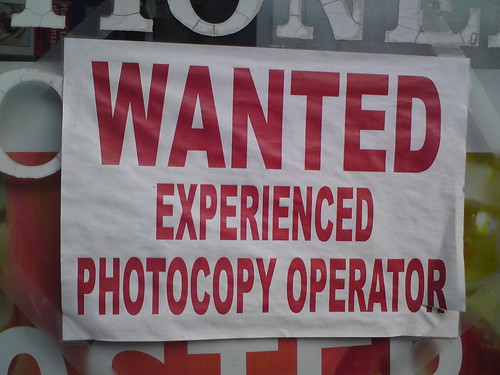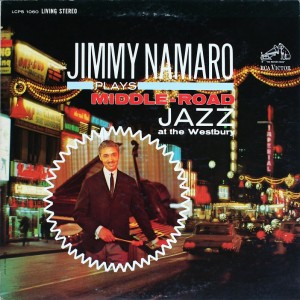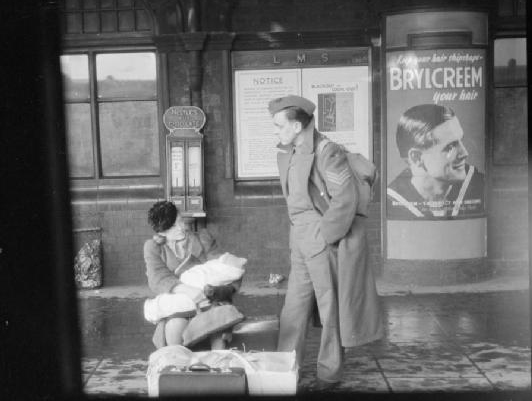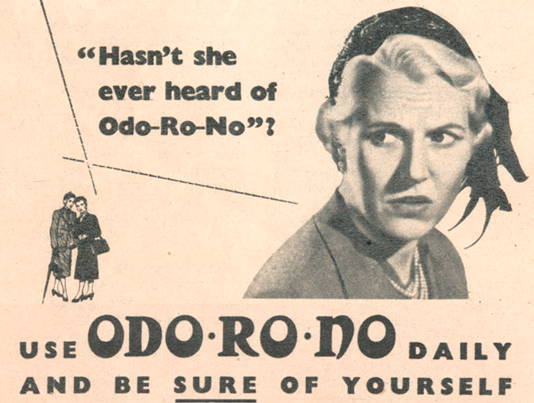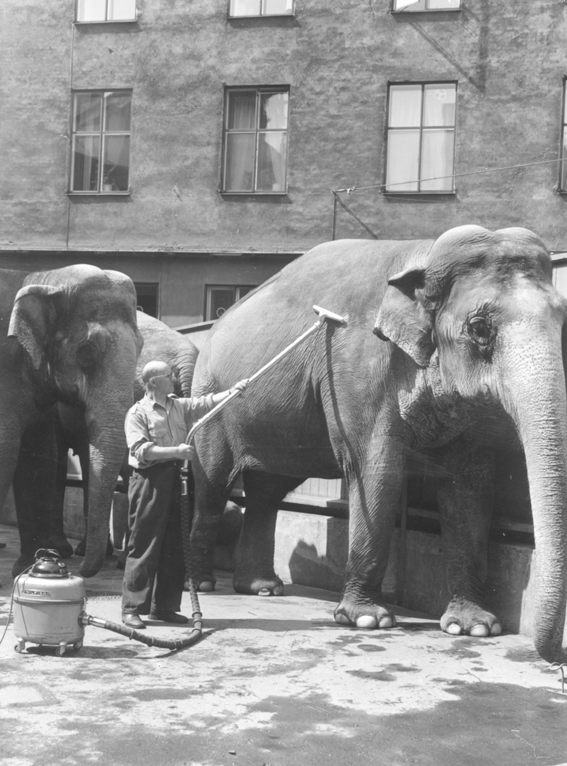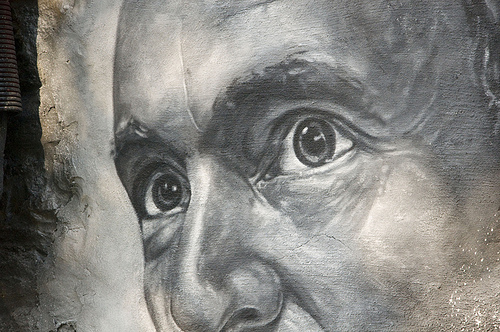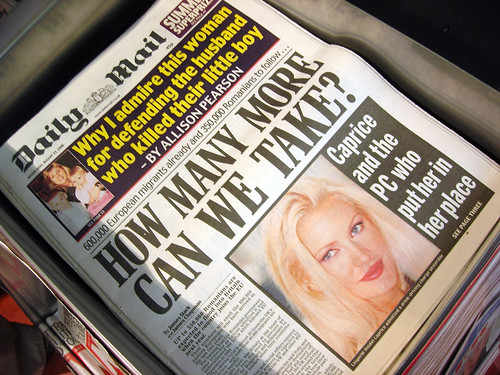
Do you have a Facebook account? If you do, I’ll bet that at some point in the last month or so you’ll have read a mind-bendingly stupid, or downright offensive comment made by a vague acquaintance – someone you went to school with, perhaps, or a former colleague from that place where you once worked.
Try as you might, you can’t really blame Facebook for this. Stupidity is an idea that pre-dates the digital age and is something that never really goes out of fashion. These days, however, stupid ideas can breed with unprecedented speed and efficiency, thanks largely to platforms such as Facebook, and the facepalm du jour in UK stupidity is the belief that certain of our fellow countrymen and women are robbing us blind.
The UK government has been waging a really effective war on this front since ‘winning’ the 2010 general election. They’ve introduced us to the concept of ‘hard working families’, something with which many can identify. For those who struggle to identify, the government, and media outlets supportive of it, have kindly provided us with almost daily examples of the polar opposite: scroungers. No-one wants to identify with that, not when hard-working families is on the menu.
Scroungers, for those unaware, pump out kids at an alarming rate and expect YOU to pay for their education, health and welfare. The government has been so successful in peddling the thin end of this particular wedge that we’re now so mad at scroungers (and foreigners, who are swarthy scroungers) that we’re no longer going to stand for it. If all this was part of a wider, more sinister agenda, like the dismantling of the welfare state and the privatisation of the health service, you’d have to admire the planning and execution.
Anyway. It’s a sorry state of affairs, make no mistake about it. We should be forced to take a bloody good look at ourselves. Here’s a thing, though: None of this divisive bullshit would have been possible without the city of Birmingham!
It was here, on 20th April 1968, that Stetchford-born Conservative MP, Enoch Powell, gave a speech that became the benchmark and the blueprint for anyone wishing to spout dangerous claptrap at the weak-minded. In Enoch’s case his audience was the General Meeting of the West Midlands Area Conservative Political Centre, which sounds like a very weak-minded public indeed. Facebook, incidentally, was several decades away from being invented.
Powell famously predicted that ‘Rivers of Blood’ would flow through the streets if immigration continued un-checked. It was powerful, evocative stuff, and it became the basis and justification for the opinions of racist shitheads for the next 20-odd years. In much the same way, the present-day rhetoric about scroungers and Eastern Europeans will reliably inform the people of Britain, hard-workers and scroungers alike, all the way to a Wonga.com-sponsored welfare state.
When that happens, remember to say, ‘Littlejohn was right, bab’.



